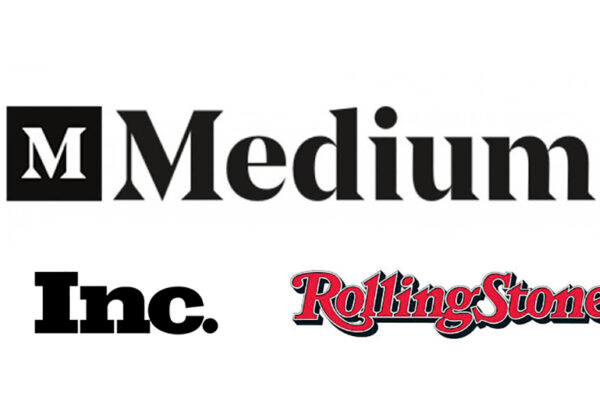Voiceover artists often find themselves facing unexpected hurdles in their quest to deliver pitch-perfect performances. One such challenge that can significantly impact the quality of voice recordings is the common cold. While it might seem like a minor inconvenience, a cold can pose several risks to voiceover professionals, affecting both their health and the overall outcome of their work.
- Vocal Strain:
One of the primary risks of doing voiceovers with a cold is the potential for vocal strain. The irritation and inflammation caused by a cold can lead to increased strain on the vocal cords, making it harder to produce clear, smooth, and articulate speech. Pushing the voice under such conditions can exacerbate the strain, potentially resulting in long-term damage to the vocal cords.
- Reduced Vocal Range and Flexibility:
The common cold often brings about congestion, nasal congestion, and throat discomfort. These symptoms can significantly reduce an artist’s vocal range and flexibility, limiting their ability to deliver a diverse and dynamic performance. A cold may cause the voice to sound congested or hoarse, making it challenging to convey the desired emotions or tones.
- Prolonged Recovery:
Recording voiceovers with a cold may prolong the recovery process. Pushing through the discomfort of a cold to meet tight deadlines can hinder the body’s natural healing mechanisms. This not only prolongs the duration of the cold but also delays the recovery of the voice, potentially leading to more extended periods of compromised performance.
- Impact on Overall Performance:
Voiceovers require precision and control over tone, pitch, and modulation. A cold can disrupt this delicate balance, resulting in suboptimal performances. Clients and production teams may notice a decrease in the quality of recordings, affecting the artist’s reputation and future opportunities.
- Increased Editing Time and Costs:
Voiceover recordings affected by a cold may require more extensive post-production editing to eliminate unwanted sounds or improve clarity. This increased editing time can lead to additional costs and delays in project completion. It also places an additional burden on audio engineers to salvage the best possible outcome from compromised recordings.
To Sum Up:
While the common cold might seem like a minor inconvenience, its impact on voiceover work can be significant. Voiceover artists should prioritize their health and well-being to ensure the delivery of top-notch performances. Recognizing the risks associated with working with a cold can help artists make informed decisions about when to push through and when to prioritize rest and recovery, ultimately safeguarding both their vocal health and professional reputation.
Let’s Talk About Masks
Yes, I know, masks are so 2020. We’ve gotten to the point in our covid journey where mask fatigue outweighs what many would consider common sense. I don’t like wearing them and I’ll guess you don’t either. But as I write this I have a nasty cold, and I very much wish I didn’t. I regret my decision to forgo the mask out in public, because the consequences suck. For a VO artist, a common cold can cost us money, time, and damage our voices. I think I’ll try to remember that next time I’m out in public.



